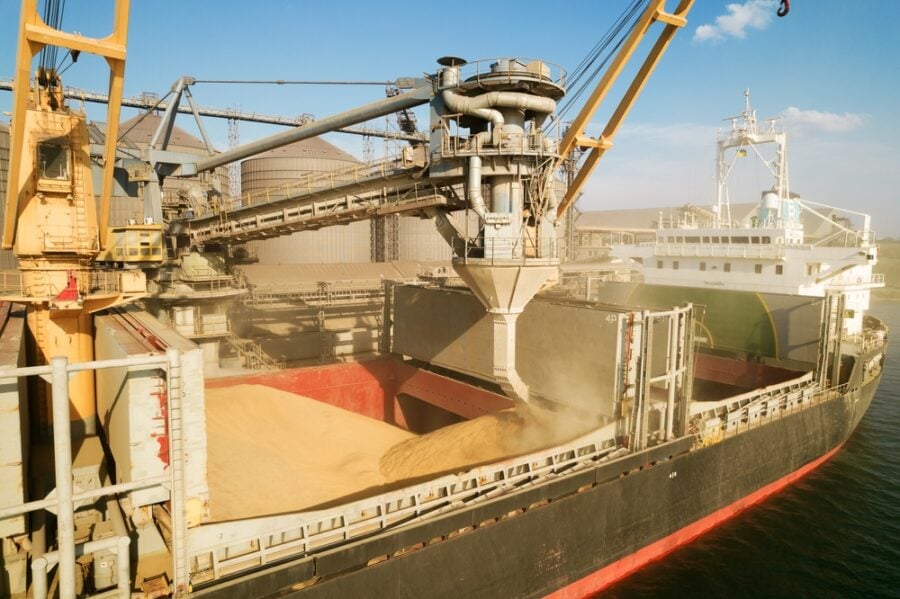What if India decides to restrict wheat shipments? A question we asked about ten days ago, and the leading answer is that this will cause a massive increase in the commodity’s prices in international markets, which already jumped following the Russian-Ukrainian war.
These expectations have become a reality. India decided to suspend its exports of wheat to control its food security, and this in turn led to wheat prices reaching the highest price in recent history.
Benchmark contracts rose 6 percent to $12.47 for a half bushel in Chicago, the highest level in two months. Prices rose 60 percent in a year which create inflationary conditions everywhere.
A blow to wheat markets
India’s move is a blow to the wheat markets, which are already suffering from the impact of the Russian-Ukrainian war. It ranks among the largest wheat exporters in the world, and ranks eighth on the list of those countries, directly after Ukraine.
The world was counting on its wheat exports to make up for some of the shortfall in supplies of Russian and Ukrainian wheat. It filled the gap in the markets left by the decline in production from Ukraine. This is thanks in part to a bumper harvest of 7 million tons last year.
But, following initial denials that it would not halt exports, India reversed course over the weekend after domestic inflation jumped to an eight-year high on the back of soaring food and fuel prices.
This drove the Central Bank of India to raise interest rates this month for the first time in four years.
The unusual heat waves over the past three months, which caused a 5% drop in the production of its wheat crop, reinforced taking this step.
It adopted protectionist measures to secure its food security, especially since India suffers from high inflation rates of about 7 to 8 percent.
It is widely expected that India’s move will enhance expectations of a reduced global economic growth, in addition to its negative repercussions on global food security.
The export ban was announced just days after the US Department of Agriculture forecast global wheat production would decline for the first time in four years during 2022-2023.
Also, the United Nations World Food Program said this month that the war in Ukraine had exposed the fragility of global supply chains to sudden shocks, with dire consequences for food security.
India’s decision is likely to hit developing markets in Africa and the Middle East even more, as the developed world moves to boost supplies.
But what about Egypt?
The Egyptian Minister of Supply Ali Moselhi announced that the government had reached an agreement to buy half a million tons of wheat from India.
Moselhi had confirmed in previous statements that the ban on wheat exports imposed by India does not apply to the agreements reached between the two governments.
An official in the Egyptian Ministry of Agriculture stated that Egypt has bought about 1.75 million tons of local wheat since the beginning of the current harvest season.








